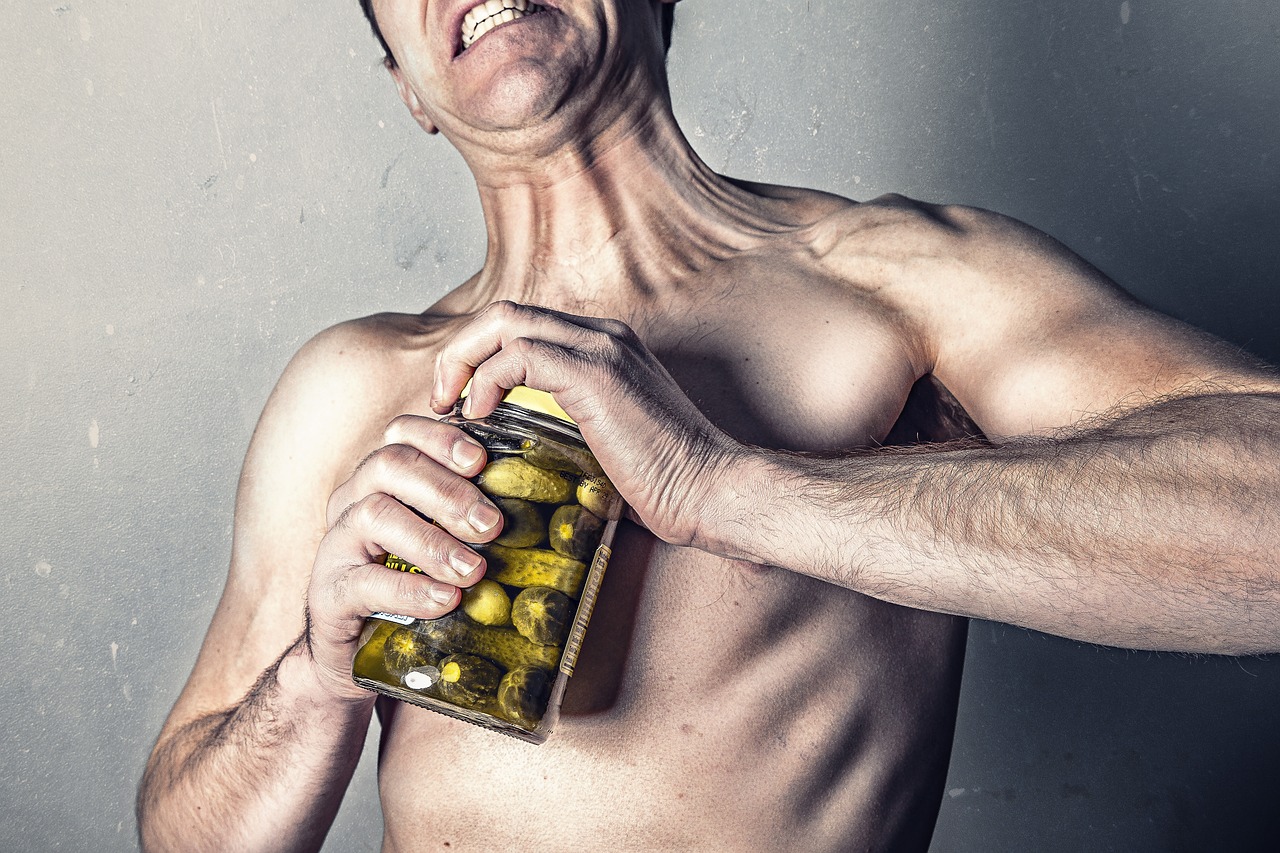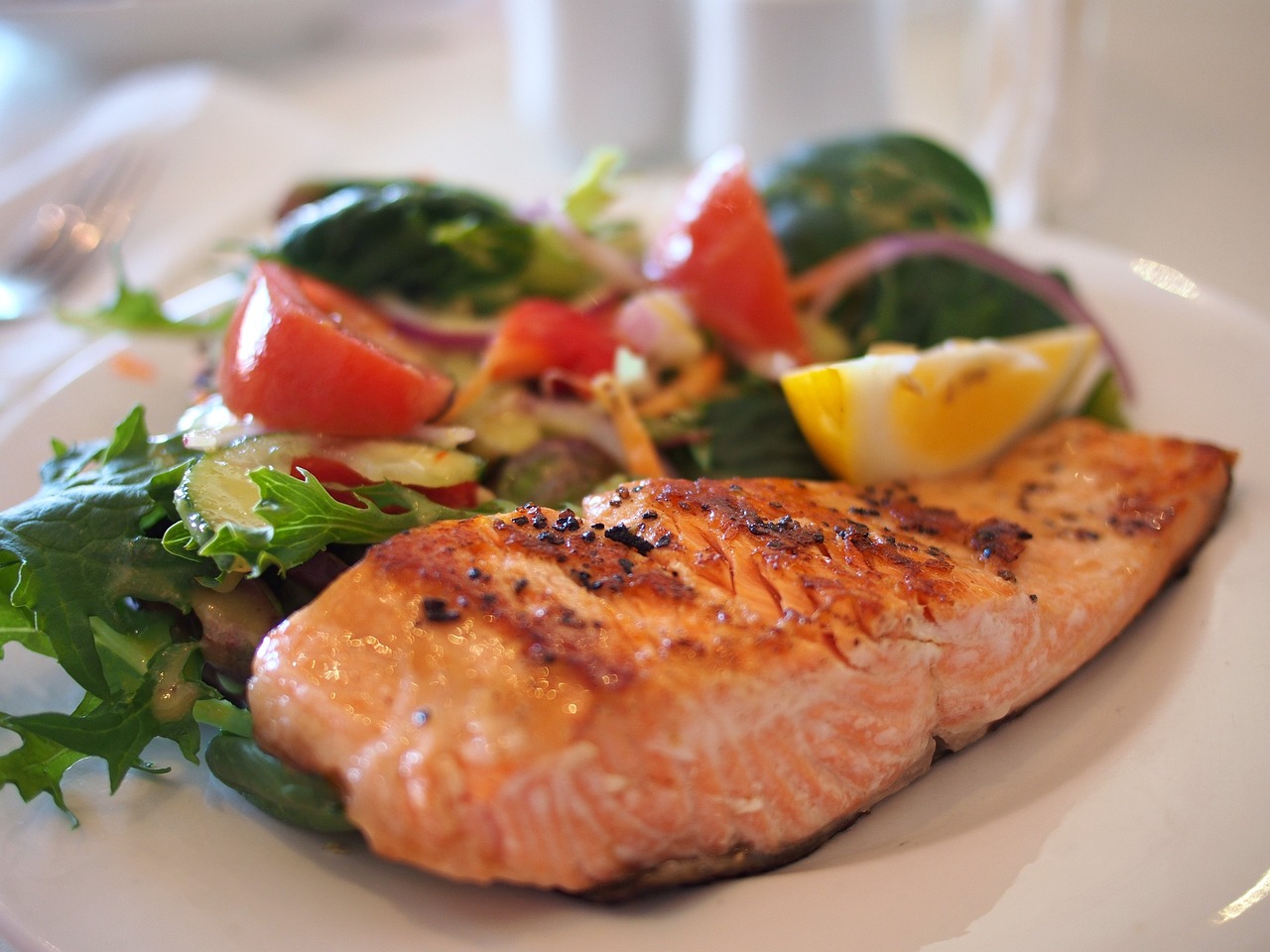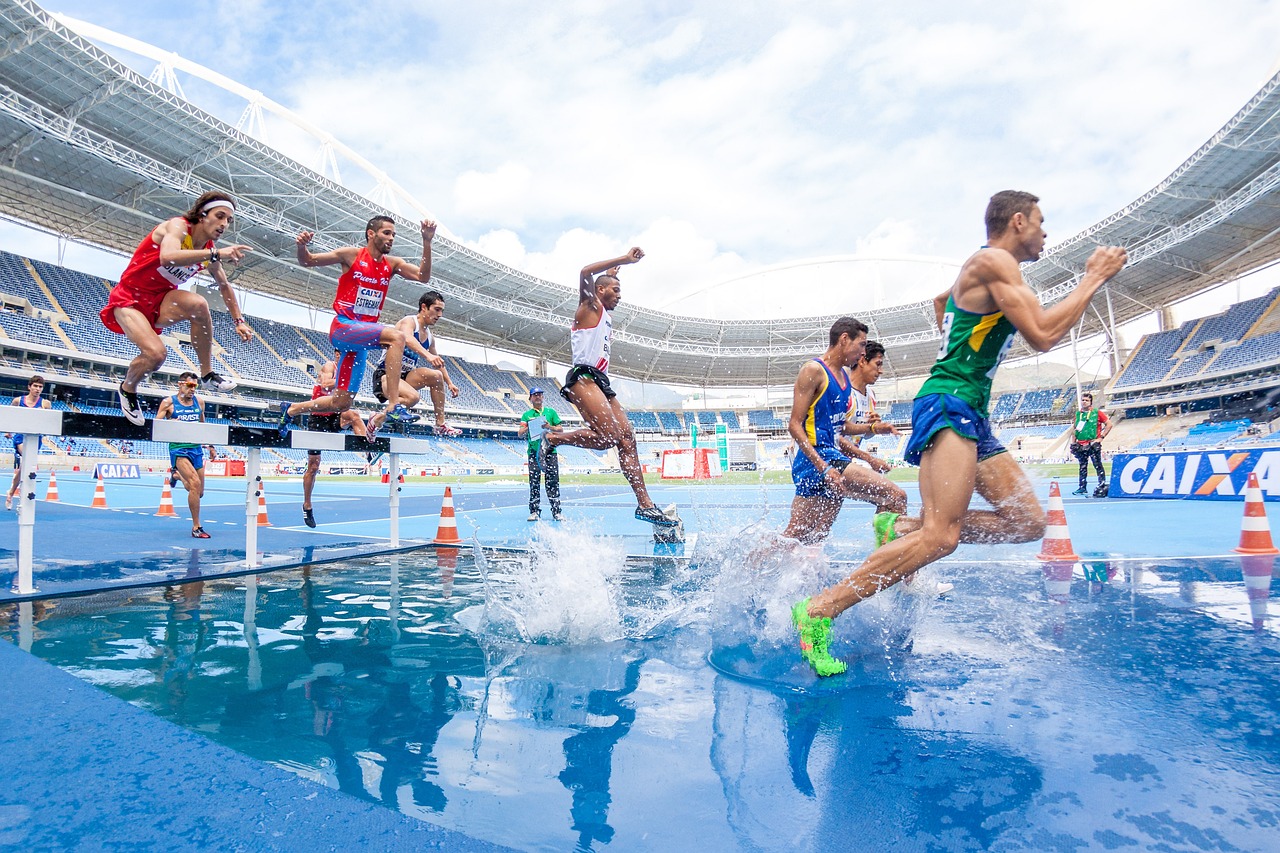The most significant mineral lost in sweat during extended exertion is sodium. Hyponatremia, or a sodium deficit, can be particularly dangerous for marathon runners. The electrolytes magnesium, potassium, and calcium are also very significant. Together with electrolytes, a number of essential vitamins, such as vitamin B3, B5, B6, B12, and folic acid, are crucial for energy metabolism.
The co-factors for the enzymes involved in generating energy are zinc and chromium.
Antioxidants like vitamin C and zinc lessen the oxidative stress that follows vigorous activity.
Recent research has indicated that after intense physical activity, athletes’ plasma homocysteine levels rise. Homocysteine levels are decreased by folic acid, vitamin B6, and vitamin B12.
Aloe vera, calcium, and vitamin C may also help the body heal after intense exercise.
Calcium
Calcium plays a role in both neuron and muscle contraction.
Calcium is a bone-building mineral that is crucial for female athletes. [1, 2]
One study found that young adult female distance runners who take calcium supplements for a year see a reduction in cortical but not trabecular bone loss. [1]
With vigorous activity, calcium levels increase and urine excretion rises. [3, 4] This is brought on by an increase in osteoclastic activity, which can be stopped by taking calcium supplements. [2]
Magnesium
Magnesium is essential for nerve conduction and muscle relaxation. Magnesium also makes enzymes necessary for energy metabolism active.
Among male university athletes, there was found to be a strong positive association between plasma magnesium and aerobic capacity [5].
During prolonged, vigorous activity, plasma magnesium concentrations fall, possibly due to redistribution from plasma to the working muscle. [6]
Exercise performance might be significantly lowered by a magnesium shortage. [7]
Magnesium supplements may help with strength training, according to one study. [8] Another triathlete study showed faster cycling, swimming, and running times. [9]
Sodium
An electrolyte imbalance, particularly a salt shortage, can be brought on by excessive perspiration after extended activity (hyponatremia). Marathon runners, cyclists, and hikers are all prone to it.
According to a recent New England Journal of Medicine (NEJM) study, 13% of Boston marathon runners examined had a significant fluid and electrolyte imbalance. [10]
It has been demonstrated in numerous research that sodium and other alkaline minerals may enhance athletic performance. [11-17]
Potassium
The electrical activity of nerve and muscle cells depends on potassium. Hypokalemia, a potassium deficit, causes weariness, cramps, and muscle weakness.
Zinc
Enzymes involved in energy metabolism need zinc. Both the essential muscle enzyme lactate dehydrogenase and the acid-base balancing enzyme carbonic anhydrase contain zinc.
After exercise, zinc may lessen free radical activity. [18]
Chromium
Chromium plays a role in the metabolism of fat and carbohydrates. It makes insulin action easier. The anabolic effect of chromium on body composition is possible.
When combined with a weight-training regimen, preliminary animal studies indicates that chromium picolinate improves fat loss and lean muscle tissue gain. [19] However, a number of recent studies have discovered that chromium has little to no impact on strength or body composition.
C vitamin (Ascorbic Acid)
Exercise-induced free radical production may be halted by vitamin C. [20]
Low-density lipoprotein cholesterol (LDL-C) is less susceptible to oxidation during acute exercise when vitamin C is taken [21, 22]
Supplementing with vitamin C may protect against the muscular damage that eccentric exercise causes. [23]
After challenging endurance exercise, vitamin C may aid in recuperation [24, 25].
Vitamin B
A few weeks after restricting your intake of vitamins B1, B2, B6, and C, your endurance may start to decline. [26, 27]
It takes folic acid, vitamins B6, and B12 to lower homocysteine levels. Several studies have revealed that after intense physical activity, athletes’ plasma homocysteine levels rise. [28-31]
A treadmill test with a fixed effort was used to exercise ten male field-track athletes. The total percentile of the vitamins B1, B2, folate, and biotin tested consistently low. [32]
In two separate investigations, vitamin B1, B6, and B12 supplements were found to improve marksmen’s target shooting. [33]
B3 vitamin (Niacinamide)
The coenzymes nicotinamide adenine dinucleotide (NAD) and nicotinamide adenine dinucleotide phosphate (NADP), which are necessary for energy metabolism, are made up of vitamin B3.
B5 vitamin (Pantothenate)
The Kreb’s cycle of generating energy involves vitamin B5, which is necessary for generating, transferring, and releasing energy from lipids. The adrenal glands are also stimulated by pantothenic acid. [34]
Propionyl-L-carnitine (PLC), coenzyme Q10 (CoQ10), nicotinamide (NAM), riboflavin, and pantothenic acid were found to increase the motor function of skeletal, cardiac, and smooth muscle in rats in one study. [35]
B6 vitamin (Pyridoxine)
Protein and fat metabolism, as well as the enzyme glycogen phosphorylase, both depend on the metabolically active coenzyme form pyridoxal 5′ phosphate (PLP) (stored carbohydrates).
It takes vitamin B6 to lower homocysteine levels, which can rise after exerting oneself.
B12 vitamin (Cobalamin)
Athletes who are vegetarians particularly need vitamin B12, which can only be obtained from meat.
Homocysteine levels, which can rise after exertion, can be decreased with vitamin B12.
The results of one study revealed that ultra-endurance runners may have altered vitamin B12 metabolism. [36]
Vitamin B6
It takes folic acid to lower homocysteine levels, which can rise after exerting oneself.
Leaf of aloe vera
Acemannan, a strong immunological stimulant, can be found in aloe vera. [37]
For many years, aloe vera has been applied topically and consumed to speed up wound healing. [38]




